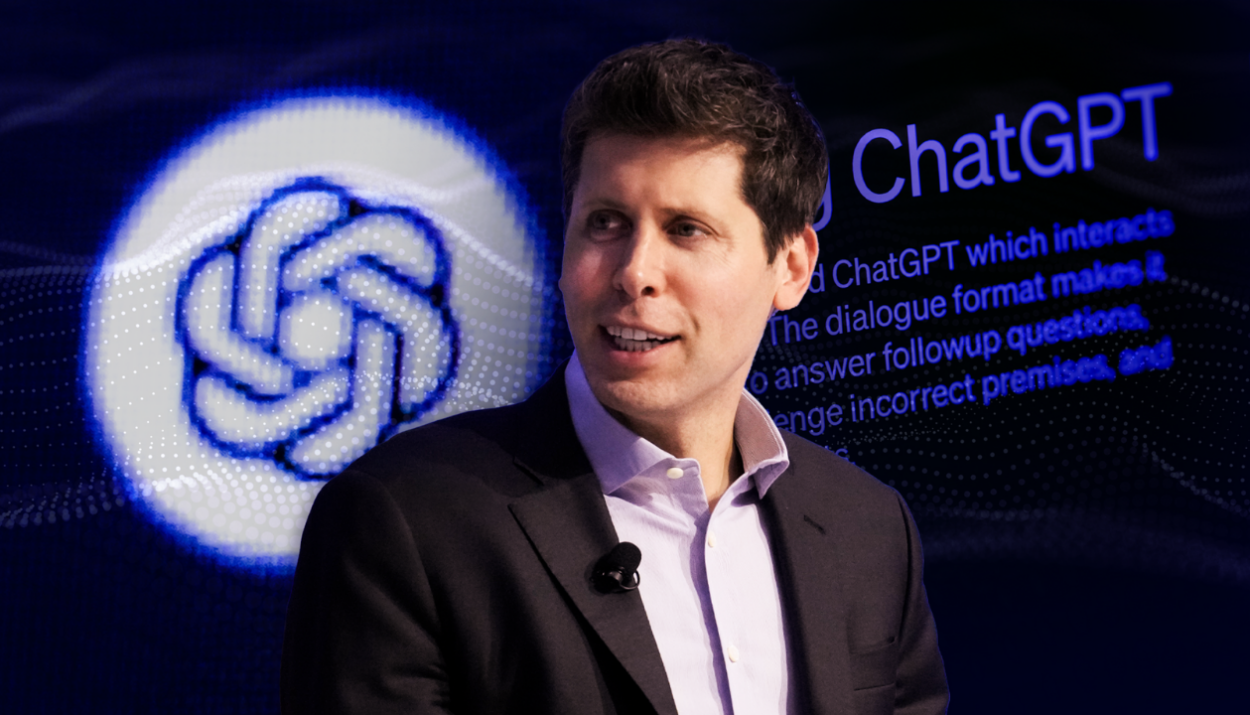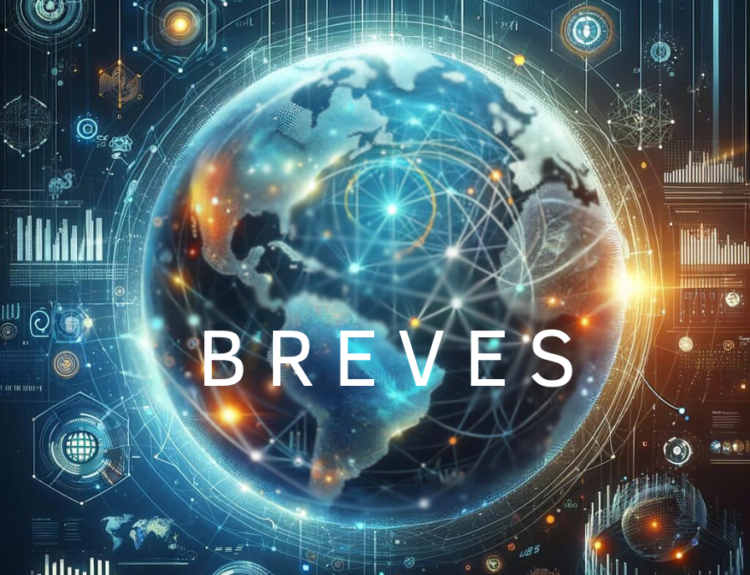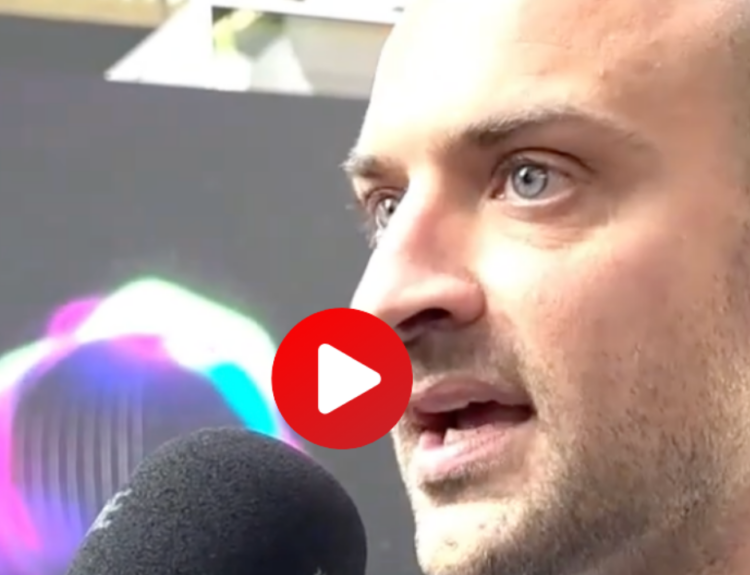Just two years after ChatGPT was launched, OpenAI announced a spectacular fundraising of $6.6 billion to, among other things, create a superhuman AI. All this against a backdrop of internal tensions, reorganization, and a growing need for cash.
Barely two years after the existence of its conversational agent and a forecast of losses of more than 5 billion dollars in 2024, the start-up has nevertheless managed to raise nearly 7 billion dollars in investments in a few weeks! OpenAI, The now famous American organization, specialized in Artificial Intelligence and creator of ChatGPT, announced this Wednesday that it had successfully raised a spectacular fundraising of 6.6 billion dollars from investors and companies. A surge that should value the organization created in 2015 at 157 billion dollars.
This fundraising strengthens its position as one of the most promising start-ups in the world. The pool of investors includes leading players in innovation such as Thrive Capital And Khosla Ventures, as well as historically significant support such as Microsoft, OpenAI's main corporate investor who has already signed a check for $10 billion in 2022 to share and promote AI technology. Finally, Nvidia, the leader in computing and chips, is also once again part of this round of funding.
Companies like Altimeter Capital, Fidelity, Japanese SoftBank and Abu Dhabi investment firm MGX are also in the picture. Thrive Capital, which has committed $1.2 billion, has also negotiated an option to invest an additional $1 billion next year if OpenAI hits certain revenue targets.
An exponential progression
OpenAI is expected to generate $3.6 billion in revenue in 2024, mainly from ChatGPT. But the expected losses will exceed $5 billion. Driven by the winds of innovation and success, the outlook for 2025 is nevertheless very promising, with revenue projected at $11.6 billion, three times more than in 2024. The growing popularity of ChatGPT, which now has 250 million weekly active users, and the meteoric rise of the OpenAI valuation rose from $14 billion in 2021 to $157 billion today, illustrate the incredible rise of the company. The end of the tunnel for the start-up?
Unexpected internal tensions
This fundraising comes in a context of Major internal changes at OpenAI. Especially with the recent unexpected departure of Mira Murati, who arrived in 2018 and was promoted to technical director in 2022, as well as two of its iconic executives, Bob McGrew, director of research, and Barret Zoph, vice president for research.
Two other historical figures had already packed their bags this summer, and not the least of them since they are two co-founders: John Schulman and Greg Brockman, the latter mentioning a sabbatical year.
Voluntary departures that look like the epilogue of a long standoff with Sam Altman, one of the co-founders with Elon Musk, and current CEO of OpenAI. Dismissed by the board of directors in November 2023 for concealing information, Altman was quickly reinstated following an outcry from employees. The OpenAI tidal wave seems far from being a long, quiet river...
A model that is searching for itself
Because OpenAI's economic and philosophical model seems to be at a turning point. Created with the desire to share, to be open and transparent, OpenAI, whose deficit is still higher than its turnover, is playing for big. Because if the horizon seems bright and very promising, big clouds uncertainty persists in terms of costs, particularly energy costs, research, development (including learning) and exploitation (particularly " the inference ", that is, the energy required to respond to each user request), costs known to be colossal in the field of AI. This frantic race therefore forces OpenAI to spend a lot of cash while revenues remain modest.
Evolution towards a for-profit organization?
The financing of this fundraising was done in the form of convertible notes, with conversion into shares dependent on a structural change towards a profit model, which would end the current “capped for-profit” board control (since 2019) of OpenAI and remove the return cap for investors. This change would also allow Sam Altman, OpenAI’s CEO, to get a stake in the company. Despite these changes, investor enthusiasm remains strong, buoyed by the company’s impressive growth projections and… returns on investment.
Towards a superhuman AI
Especially as OpenAI continues to aim for major technological innovations towards artificial general intelligence (AGI), with the objective of develop systems capable of surpassing human intelligence. If this fundraising and the announced internal restructuring come to fruition as planned, OpenAI could well reinvent the contours of the AI market and continue its path towards innovations and a disruptive future.






